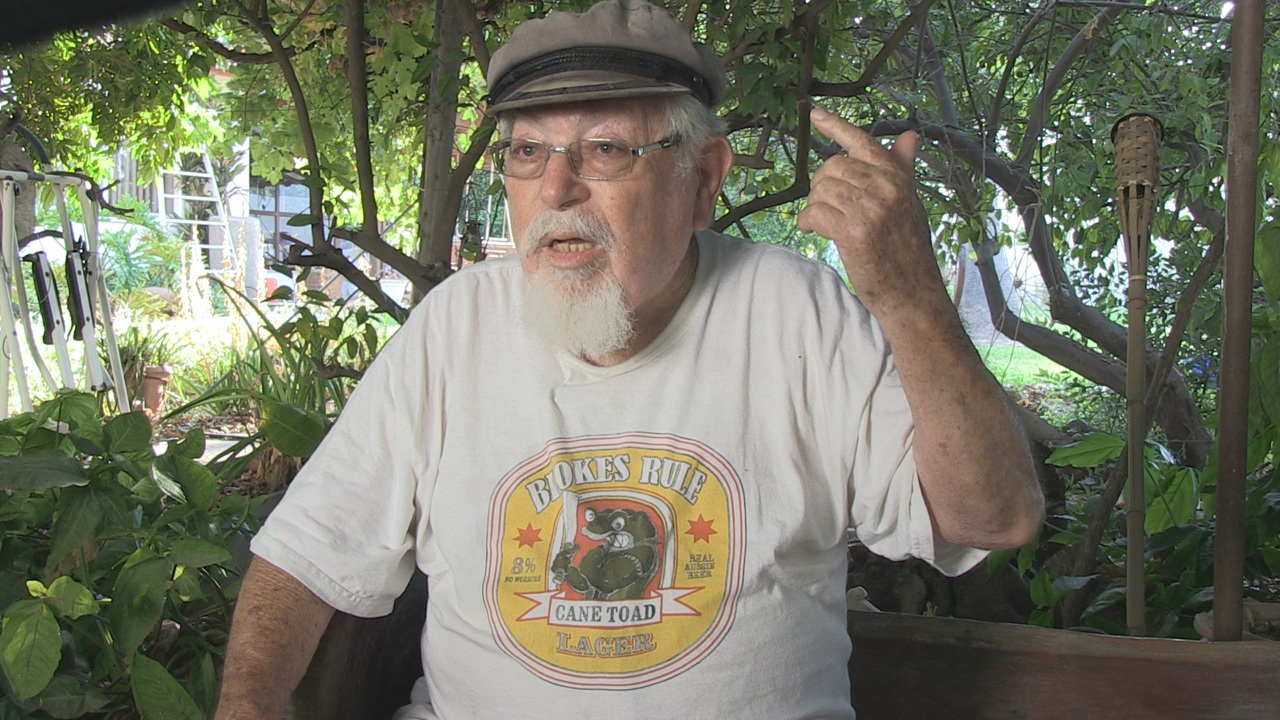
Eyal (E): Did you take part in Operation Broom?
Yerachmiel Kahanovich (YK): It's right here in the Jordan [Valley area].
E: You took part in Operation Broom?
YK: I was a machine gunner.
E: What type?
YK: Browning.
E: You were a machine gunner in what? In Operation Broom?
YK: Yes.
E: What is Operation Broom and what was its objective?
YK: We cleared all the villages…
E: What do you mean?
YK: We cleared one village after another and expelled – expelled them, they fled to the Sea of Galilee and from there to the Galilee.
E: But how? How?
YK: You mean by shooting?
E: How do you mean?
YK: We shot, we threw a grenade here and there. Just listen – there's one thing you have to understand: at first, once they heard shots they took off with the intention of returning later.
E: But, wait a sec, that was before May 15, that was before the Arab armies came.
Operation Broom, Operation Broom then. How does it happen? Do you receive any information? Is it an organized campaign?
YK: Yeah, sure.
E: Tell me.
YK: It was. Who was it? Yigal Allon himself planned it. We moved from one place to the next.
E: What places? Can you tell me?
YK: We passed, we passed by Tiberias and moved from one village to the other, from one to the next.
E: So you had orders to expel and clean up the villages?
YK: And then go home.
E: But you did see how they ran away?
YK: We saw them, what do you think? I fired at them with that – with the Browning – on the boats.
E: They fled on boats?
YK: Yes.
E: On the Sea of Galilee?
YK: Yes. On the other side they had more [villages], except [Kibbutz] Ein Gev [which was the only Jewish settlement on the east bank].
E: And who were the people who fled?
YK: Village people, they were fishermen, among other things. Then it was Lod.
E: Wait a minute. We'll get to that.
YK: Ramle. We entered the houses only in one place, in Balad al-Sheikh, near Yagur. There it was really, murderous and all that. And he said, you go there with axes.
E: Who did?
YK: Only one man could – Yigal Allon. And I assume there was no misunderstanding between him and Ben Gurion, no. "So go there with axes, let them get lost, leave no trace. As much as you can, don't use any bullets, so that they won't hear it at the [British] police [station in Yagur] and, so that they won't send them reinforcements.
E: So what did you do?
YK: We smashed the door and throw a grenade…
E: In Balad al-Sheikh?
YK: And indeed it never rose again, it's gone.
E: Operation Broom, what is it? You simply stood in line and just…
YK: Yes, you march up to a village, you expel it, you gather round and have a bite to eat, and go on to the next village.
E: They would come down here?
YK: Go down to the Sea of Galilee and take the fishing boats and flee.
E: And you would be standing on top and fire on them?
YK: Here and there, then Yigal Allon said no.
E: Said what?
YK: No, not to shoot them, let them go.
E: And then you move to the heart of the country, you go to Lod. What did Operation Dani mean for you?
YK: You know what's a PIAT? You know this gun? I used it to shoot the mosque where they were [sheltering].
E: What mosque?
YK: In Lod.
E: What do you mean? You mean the gun that you throw and it blows up in your face, right?
YK: Let me tell you what it does – you make it like it was a beautiful painting by an artist. You think. He makes a hole about this big and inside everybody's crushed on the walls from the pressure it makes inside.
E: You arrive, before you get to Lod, you were at Jimzu and Kfar Daniel, and what did you do there?
YK: What didn't we do? We shot, we saw them run away. They let them pass through Lod along a path down this specific riverbed and walk there, and whoever strayed from the path got a bullet.
E: Tell me, what did it look like?
YK: What it looked like? I sat on this hill with a Browning and underneath me below there went the caravan and whoever strayed sideways, tried to sneak into the bushes, got shot, and it was boring. And one day, one of the men – I won't say any names – told me, I went to pull his leg. I said, when we grab the cow by the ass, forgive me, and blow then it straightens its horns. And down there because there… There was a cow there that ran off and this guy tried to chase it and I shot them both.
E: Tell me about the caravan of refugees.
YK: How did it look like? Like you always see in the movies, those who walk. Arabs on pilgrimage to Mecca, a caravan, with parcels. Like you see our refugees walking, from Germany. A parcel with a suitcase with something, like. Quietly, we were there along the entire stretch and once in a while they told them with loudspeakers, "Don't stray from the path", whoever strayed…
E: What did you see when you entered Lod?
YK: In Lod I was already – I came in already after the first onslaught, and there was a story there, probably, you can't talk about everything.
E: What do you mean you can't tell everything?
YK: Massacres and stuff.
E: Tell us.
YK: Not that we did to them – that they did; and then they all went into the mosque, or church, I don't remember. At night it's difficult to tell. And we couldn't take them out. They had assumed we won't go inside.
E: Who was "they"?
YK: The Arabs.
E: What Arabs – women, children, old people?
YK: These guys never talked [high and mighty]. There were those above them who did – that's the thing. And they talked about how soon they'll come from Jordan and we'll kill you all and stuff – they did not. So they told me, come on do something. They already knew who I was, they knew exactly what they meant.
E: What did they mean?
YK: That I go with my PIAT, I fired a PIAT projectile in there.
E: Where?
YK: In the hall, I didn't. Nobody did.
E: Who removed the bodies later?
YK: None of my business. It's theirs.
E: This was an order?
YK: Yes.
E: What do you mean, what was the order?
YK: What is this, "what was the order", fire a PIAT, that's it. Nothing would withstand a PIAT, like they used to make it. You know how it's built? If you make it like a bell, what happens there is that the entire force is directed in the same location and provides a huge amount of pressure, instead of taking 3 kilos you… and it gives about a pound and you get the same result.
E: How many got killed there?
YK: I fired one and it was enough.
E: How many people were inside, do you know?
YK: Plenty.
E: what do you mean?
YK: Plenty. I opened the door, I looked inside, and I closed the door.
E: What did you see?
YK: An empty hall – everyone on the walls.
E: Lots of people.
YK: Lots.
E: What ages?
YK: Who can remember? What I saw was enough. After that, it was mainly I who dealt with explosives and evacuations.
E: Why did you let them [go]?
YK: Because we're Jews.
E: What do you mean?
YK: Our upbringing. Our education. Both [Jews] from Europe and Oriental [Jews]. We can't relate to that, we… Sometimes we treat cats or dogs better than they treat human beings.
E: Weren't there cases of [capital] punishment?
YK: There were 2-3 such cases. I wouldn't want to talk about it, certainly not when it's recorded.
E: Why?
YK: Leave that to me.
E: I won't force you.
YK: If you turn everything off.
E: What interests me – if you think it's important for us.
YK: Forget about it, it's all about spies among us.
E: Jews?
YK: We thought they were Jews.
E: And that was the punishment…
YK: It's the one I told you about. This one wasn’t touched, because he had a son in the unit. But in… there was one who talked on the radio when the Iraqis came.
E: A Jew?
YK: He's already gone so why talk about it. And there was one up north, a doctor who spoke Russian – we thought this was a Jew, a Russian who came here, an idealist. And this guy he's no longer in this world. What can I tell you? Yigal Allon's Gipsy.
E: What's that?
YK: All sorts of jobs, special jobs, that you have to execute here and there and so on, you know.
E: You also cut somebody's balls off, because we had a case like that?
YK: What? Don't you know?
E: No, tell me.
YK: Sure. I also know who his son is. The man was a vet and later became a physician … studied, there's a song about that.
E: You also did such things?
YK: I didn't. There was a unit who brought a doctor there, we took him out of his father's house, of the Beit She'an's Sheikh. Real nice and easy, we cut his balls off. And they said, you're not going to treat any Jewish women any more, and they came back.
E: Did you see things that today you think were unjust?
YK: What's justice?
E: I'm asking you.
YK: In your terms – can there be justice without God? You're asking me about justice – what's justice?
E: No, I'm asking you about things that you…
YK: Wait a second, we're saying that this is our country, right? Where did we get it from, we conquered it, we killed everyone who used to be here. So if you're talking about justice, then this was a just war. You kill and it's all over. But if you don't, then you have to let them live and find a way to live together. Then first you have to show them that it's yours and that you have stated that it's yours – but in order to live together you also have to find a way to live with them, so you can't murder.
E: You think that maybe here a small mistake has been made?
YK: No. I don't think so. I think nobody has the right to kill another person just because he wants to sit in the chair where he's sitting, where sat earlier. The way they do it now, they seem more proper to me. Look at Europe, what they're trying to do. They're not fighting one another anymore. The problem is that our wars are made with money, not in war.
E: In retrospect, I know there were some incidents that infuriated you. Looting, rape, all that kind of stuff.
YK: True, because it's filthy.
E: What's true?
YK: Looting. I need the place. I'm fighting, he wants to kill me, I kill him. But to go in, enter and say, hands up and give me the cash. I know about this guy. Again, there are some things that are not talked about right. I know about this guy, thank God not one of my men, from others' men, who robbed a bank, and one of them took from it, to each his share, you take this and that, you bring it to the party center, and one took it home.
E: But in Lod there were orders. For instance, they took vehicles.
YK: Vehicles is something else. That's not like taking money.
E: Are there things you know that you don't want to talk about?
YK: There are.
E: Can you tell me why you don't want to talk about them?
YK: Let's put it this way. There are some things that have to be done, and yet you are not proud of them.
E: There was no other way. But that doesn't mean it makes it nice, or admirable. You're not proud. Killing a man, you can, but you don't brag about it. Those who brag about it, we try to get them out of the way, to put them in jail. Do you think everything must be told about this period?
YK: Let's put it this way – in my opinion you can tell 98%. Perhaps there's one, there are few. Two points: first – what you do and you don't have a choice, you don't brag about it. And second, we might need to do it in the future and [this way we're] telling the others.
E: … And why did they blow up the houses?
YK: To solve the problem, there's a human question.
E: I don't get it. Please explain it again.
YK: You have to understand: If someone, for whatever reason I have to run away. I'll want to go back to the house, when this house is gone it's gone. I look at it like the Arab does: it's my village, but when the village is gone, that it, gone. That's how it is, the Arabs say. How did we make the land ours? The whole territory, I was already working, this was after I was no longer a soldier, we tilled 1 dunam [0.1 hectare]. Not a dunam – 1 km wide along the entire border. More – nobody knew who would take it and what they'll do over there. We tilled it there. As soon as we tilled it, it was over, the Arabs stopped coming [back]. That's it – ours. In Beit Shean, there was also this incident, the rabbi gave his approval. To till on the Sabbath, and he himself went and tilled with them, so that they'd realize they're not coming back.
E: Yigal [Allon] – his plan was to deport everyone, right?
YK: Ben Gurion's as well.
E: What, as well?
YK: Ben Gurion, he's the one who gave us the order to deport them; they didn't let us from the outside. But if we had deported them, the entire movement, the whole story would have looked different.
E: You think they didn't finish the job?
YK: They stopped us in the middle – it's out in the open, it's obvious, they said "that's enough".
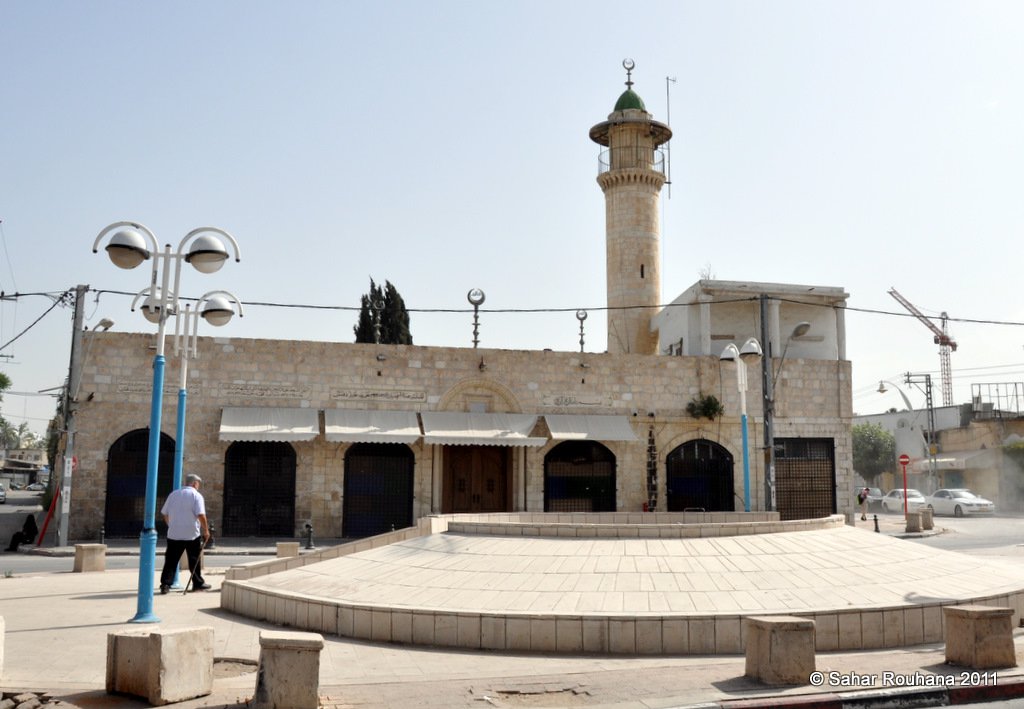
مسجد دهمش في اللد / מסגד דהמש בלוד
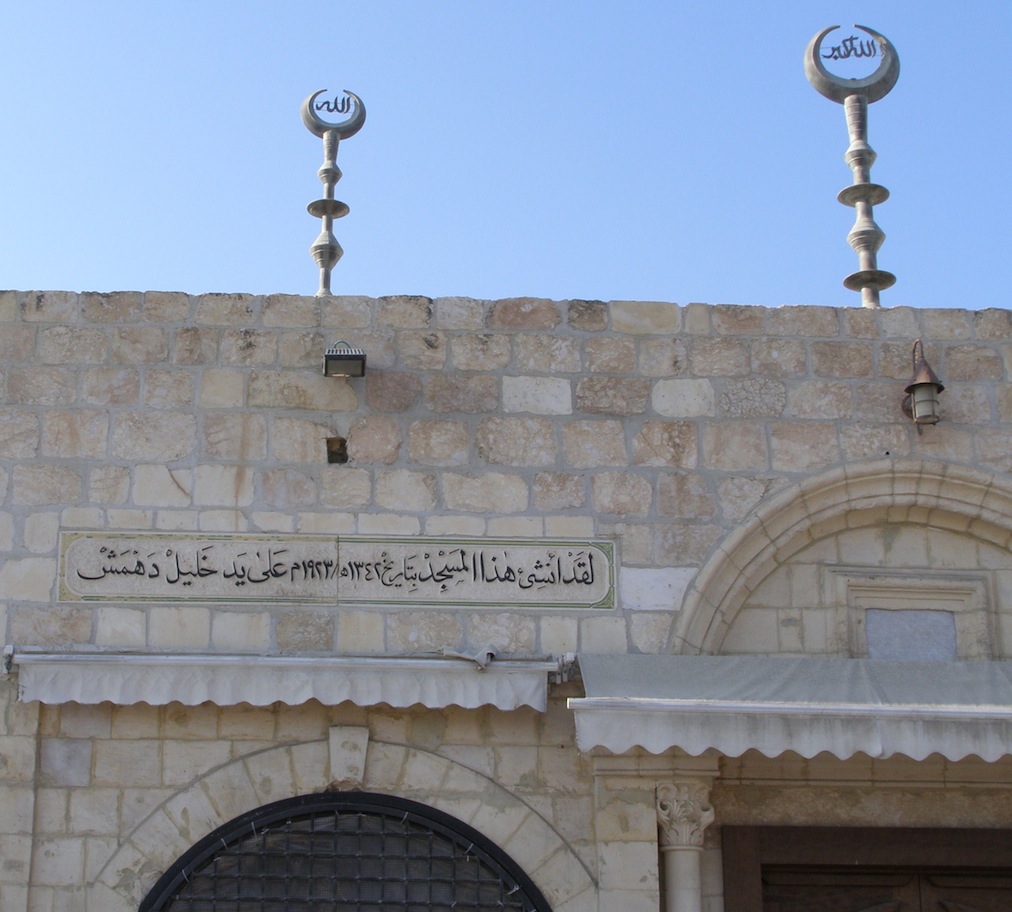
مسجد دهمش في اللد / מסגד דהמש בלוד
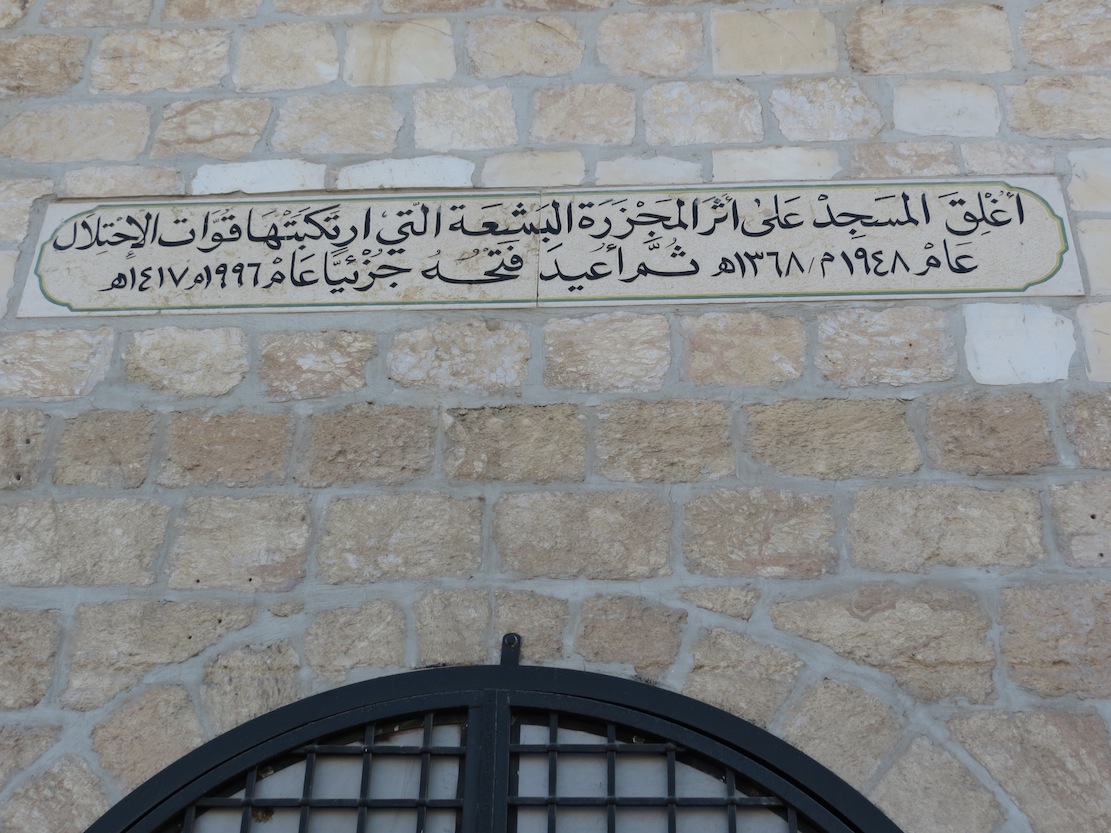
مسجد دهمش / מסגד דהמש
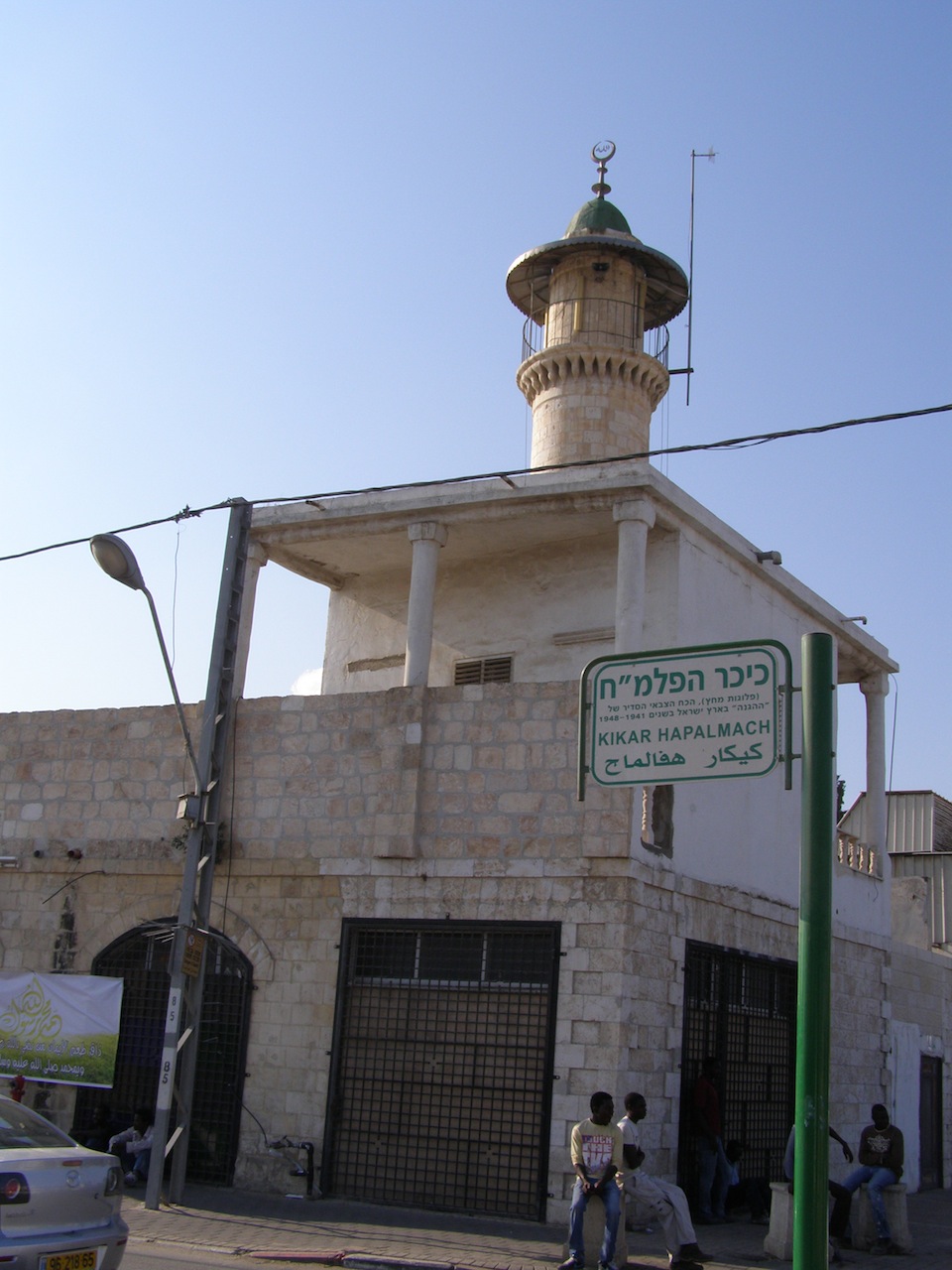
مسجد دهمش / מסגד דהמש
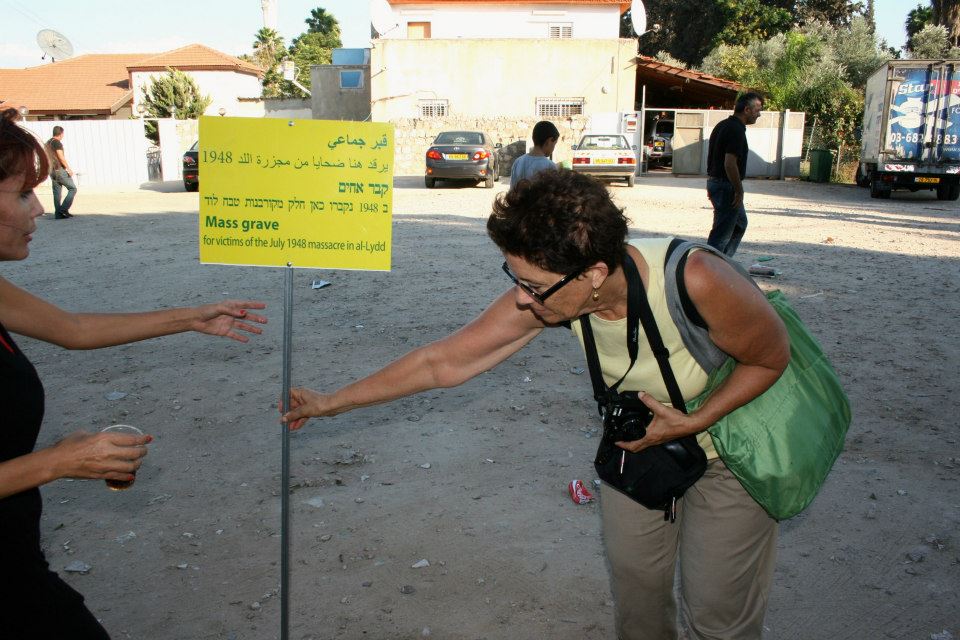
جولة في مدينة اللد / סיור בלוד (אלְלִד)
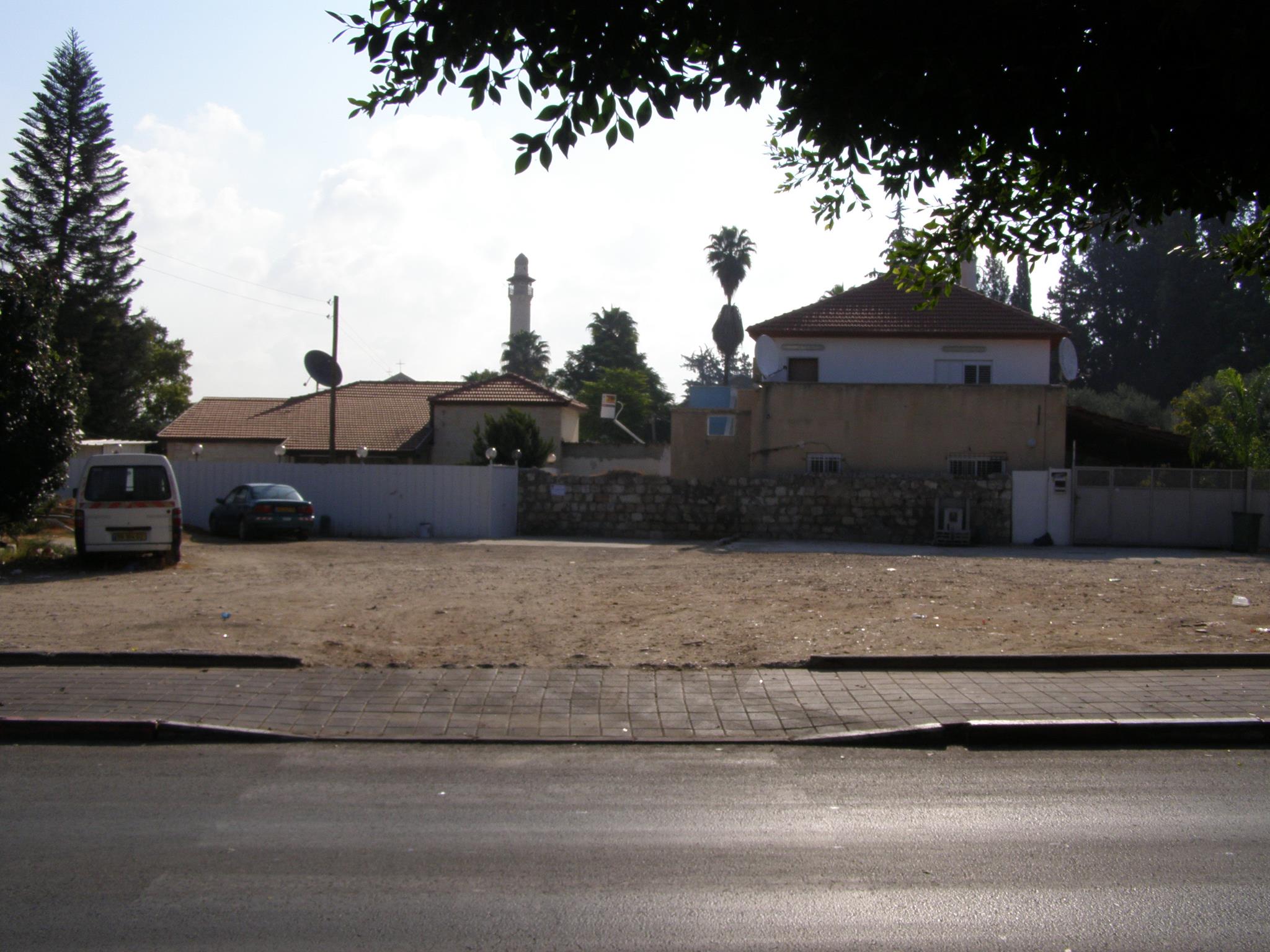
ساحة الشهداء في اللد / קבח אחים בלוד
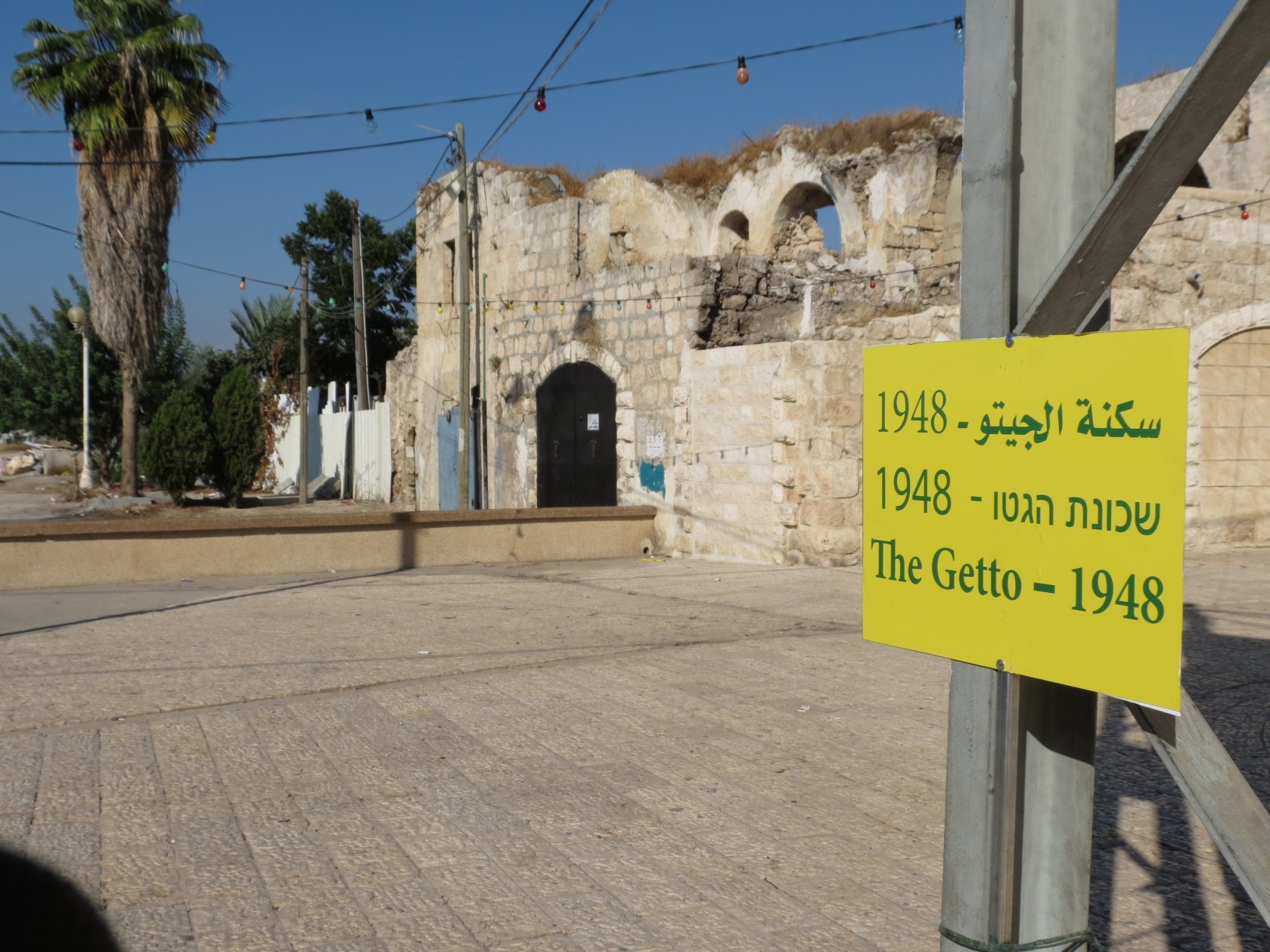
جولة في مدينة اللد / סיור בלוד (אלְלִד)
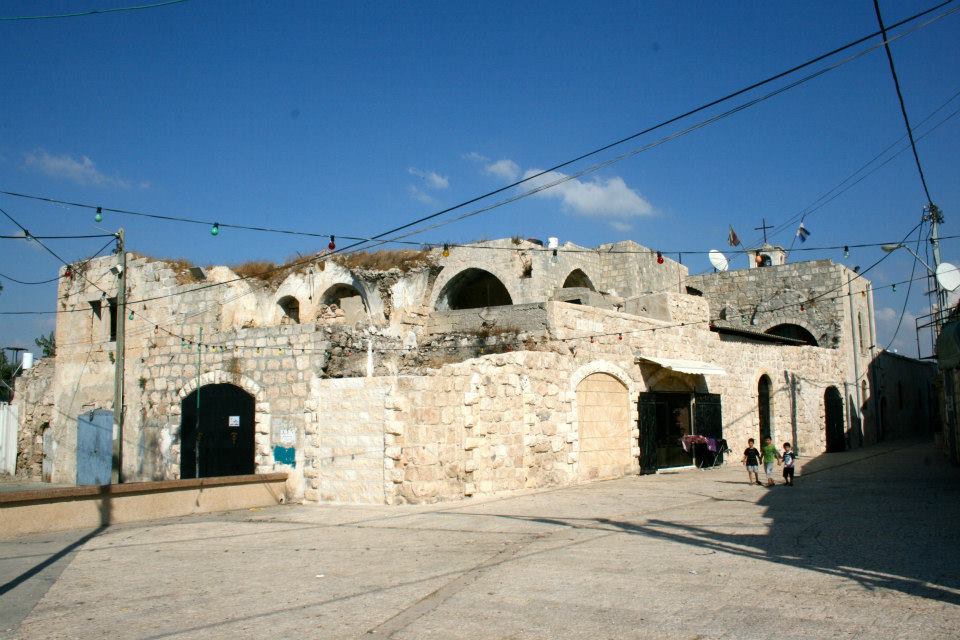
سكنة الجيتو في اللد / שכונת הגטו בלוד
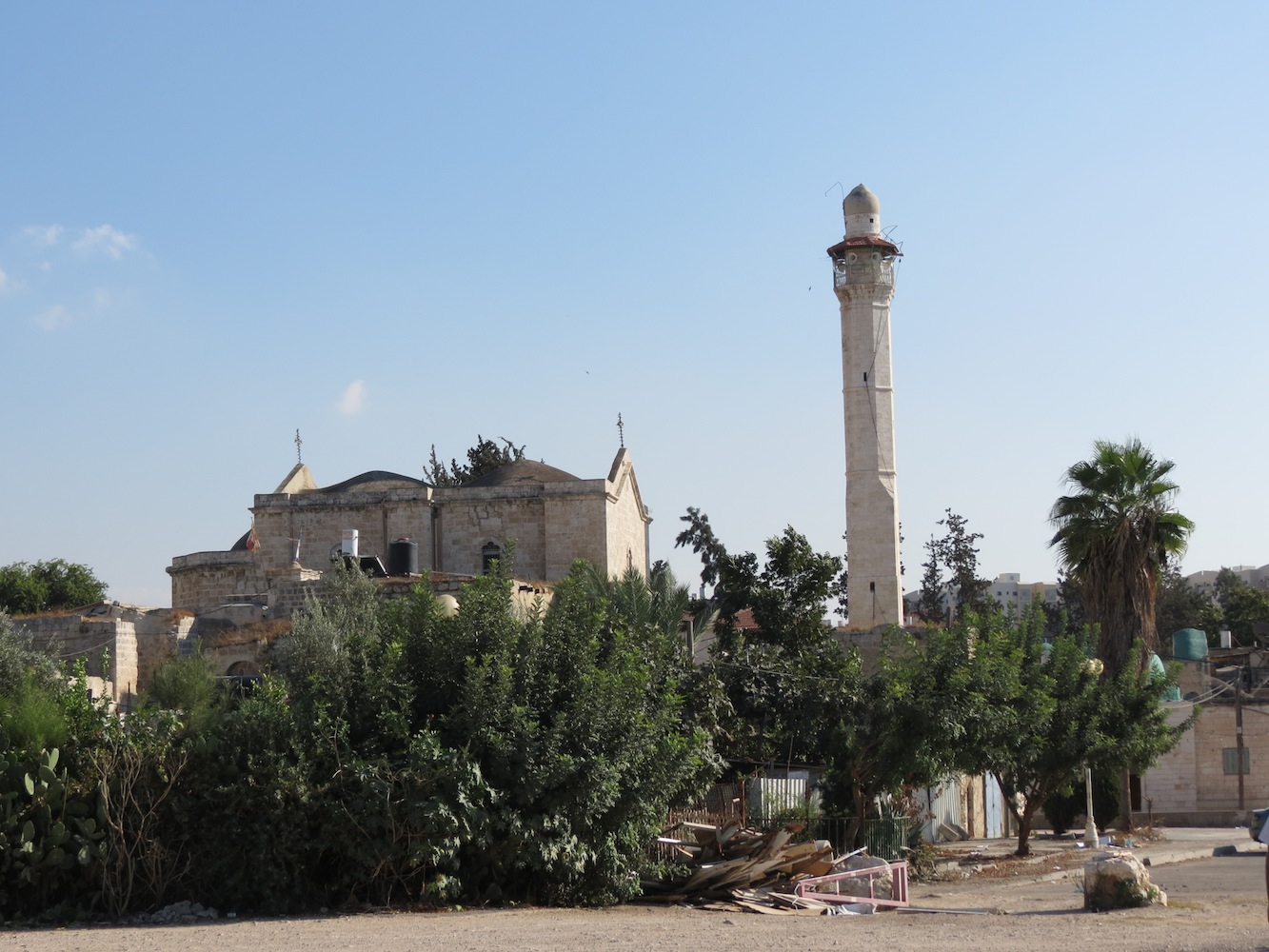
الجامع الكبير وكنيسة الخضر / המסגד הגדול וכנסיית סנט ג'ורג'
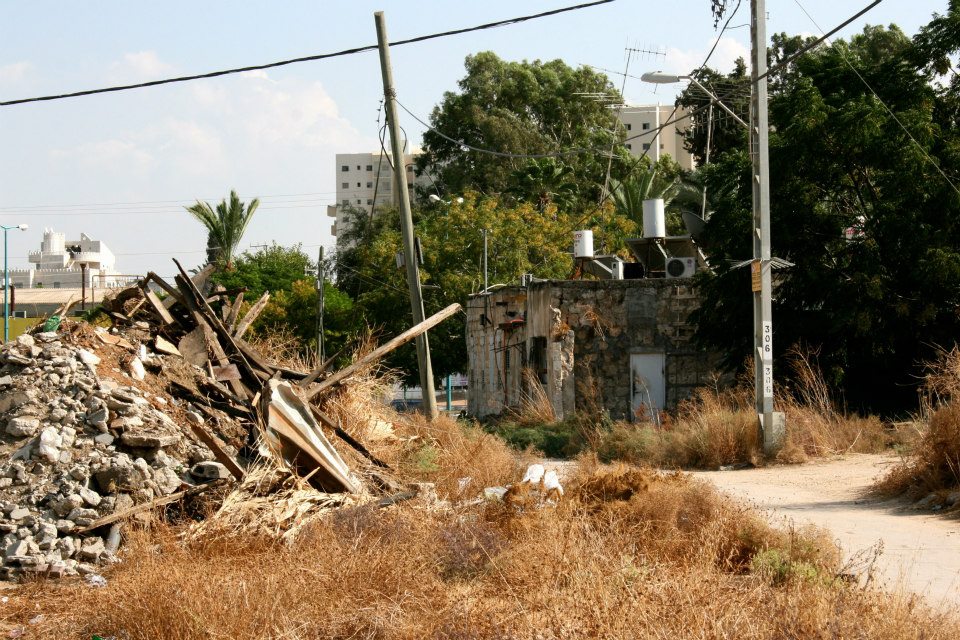
ما تبقى من بيوت اللد الفلسطينية / מה שנשאר מבתי אלליד הפלסטינית
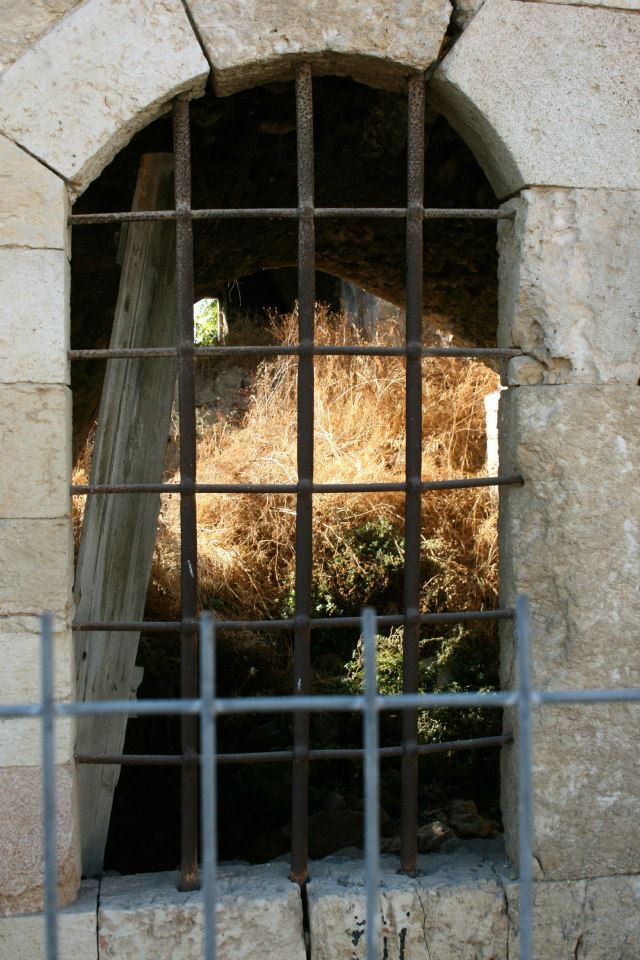
اللد / לוד (אלְלִד)
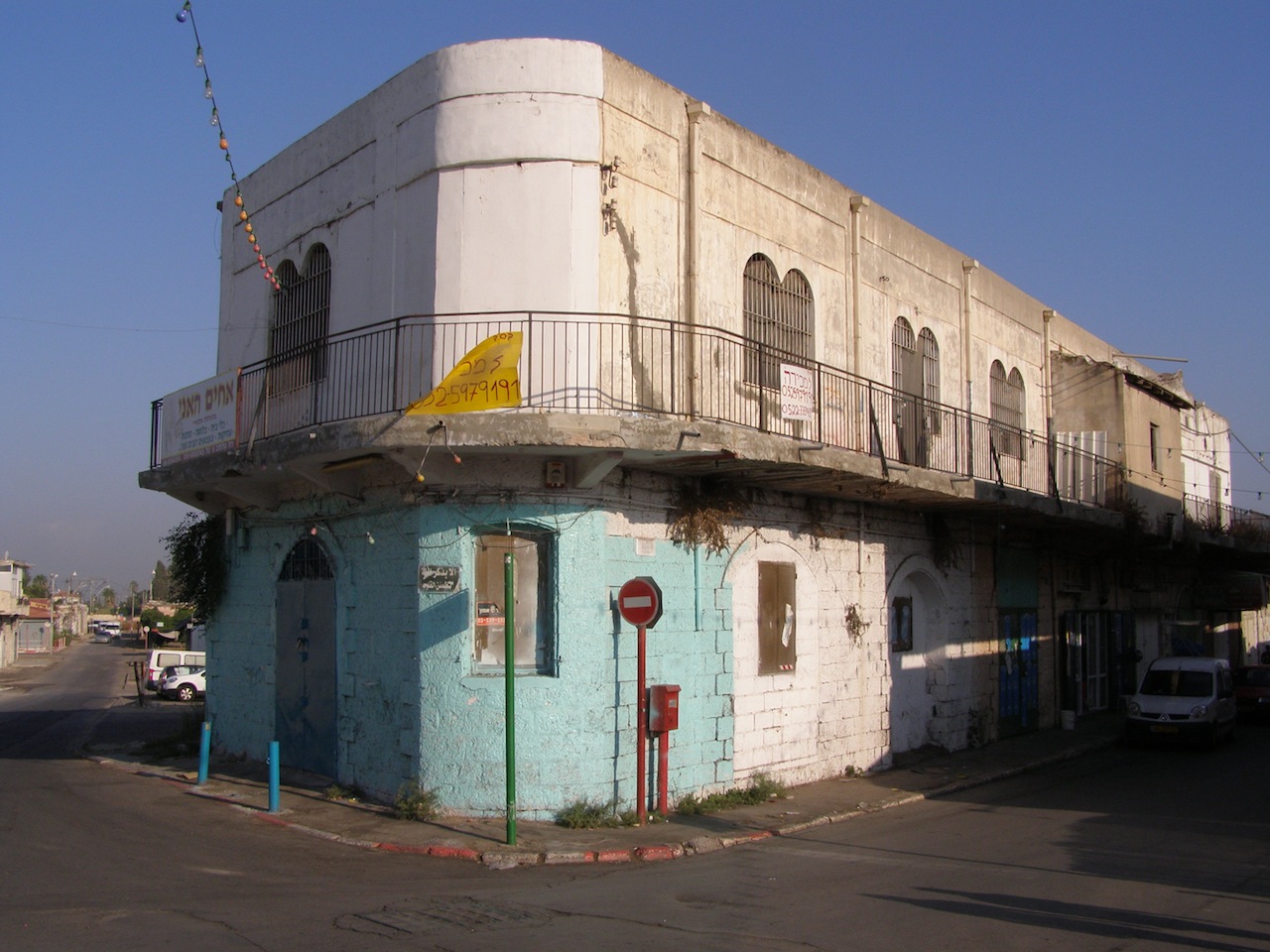
مبنى بلدية اللد / מבנה עיריית אללד הפלסטינית
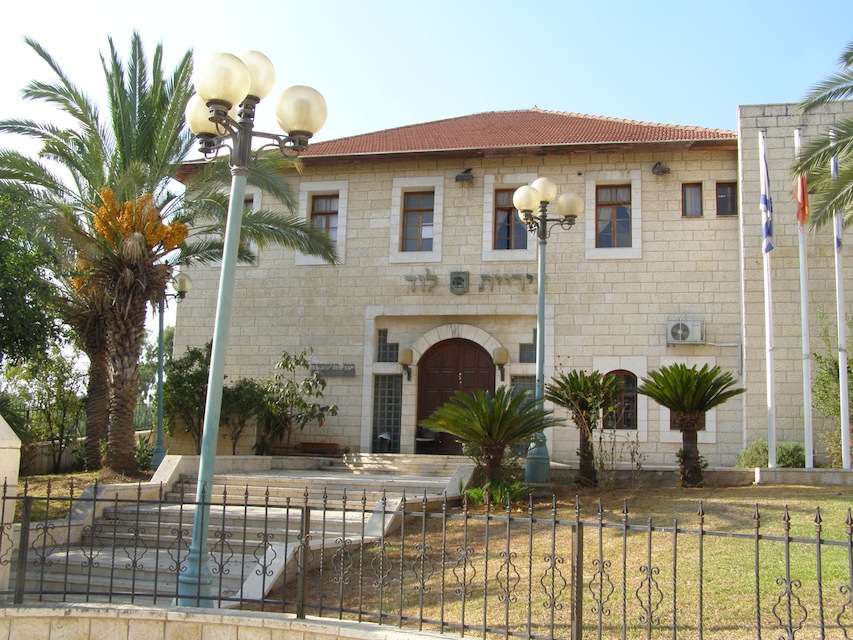
מבנה עיריית לוד הנוכחי / مبنى بلدية اللد الإسرائيلية الحالية
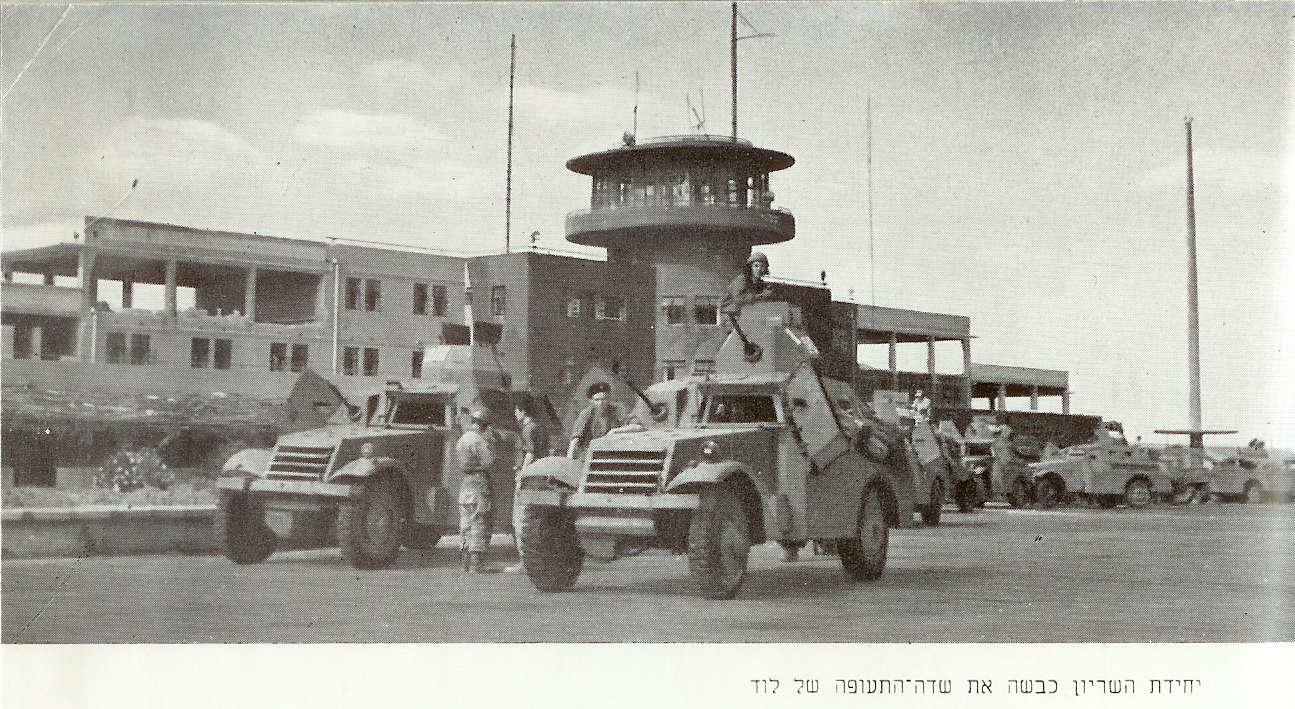
إحتلال مطار اللد / כיבוש שדה התעופה של לוד
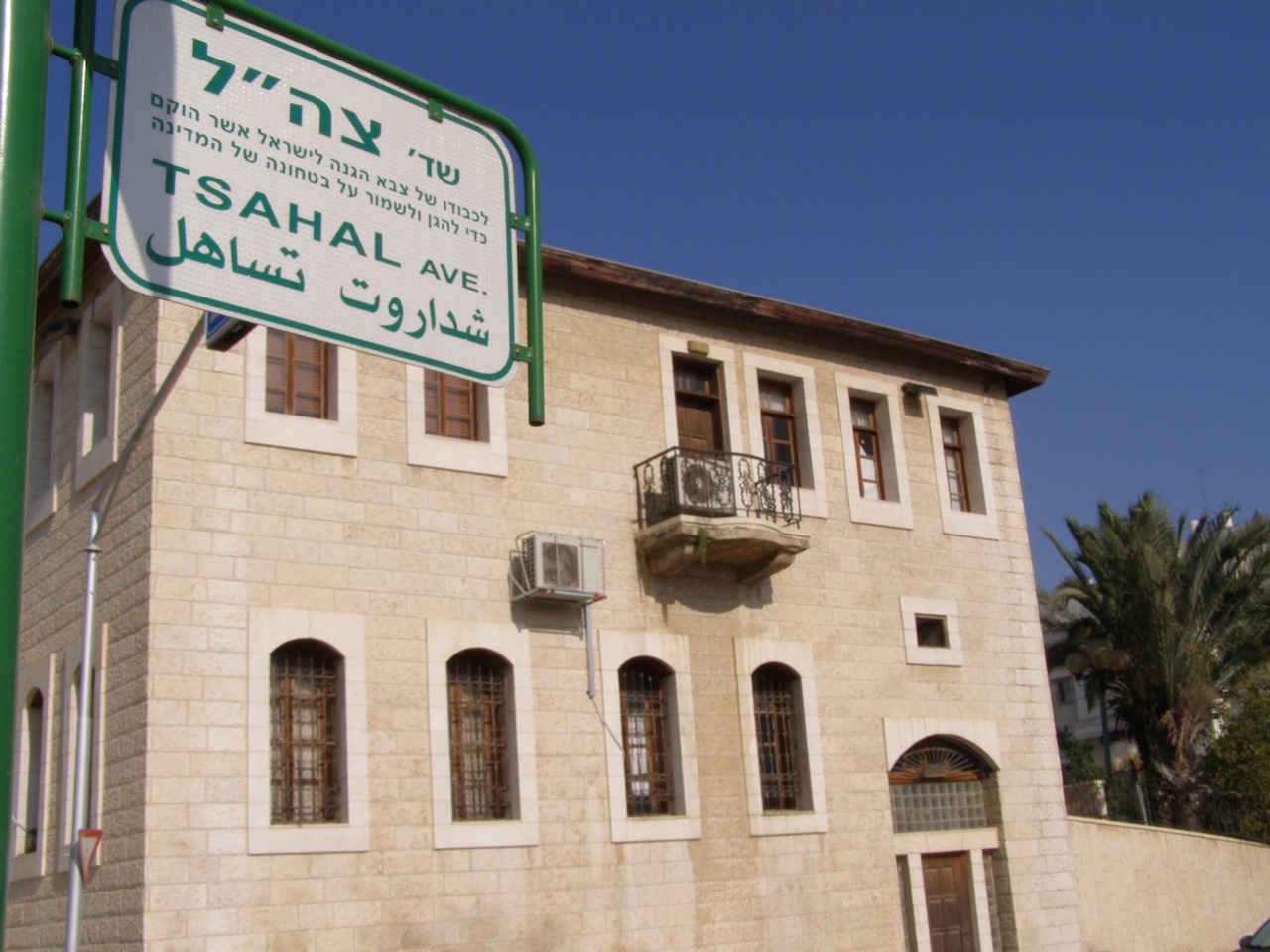
מבנה עיריית לוד הנוכחי / مبنى بلدية اللد الإسرائيلية الحالية
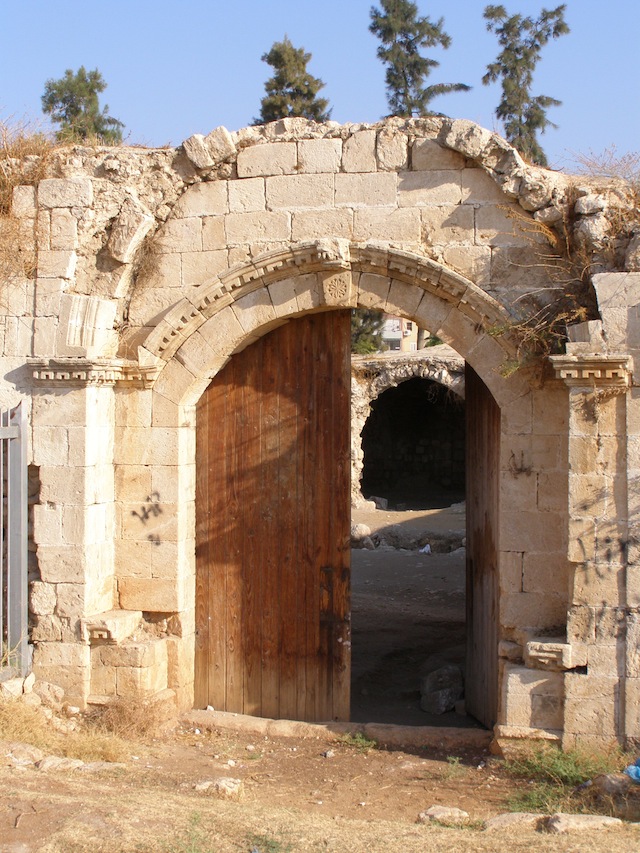
اللد / אלליד (לוד)
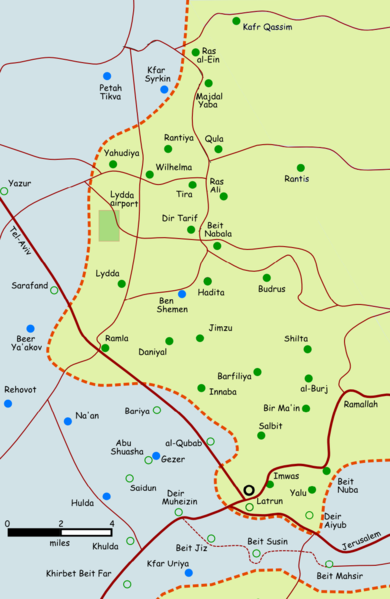
خريطة تبين حدود قرار التقسيم: اللد داخل الدولة العربية / גבולות תכנית החלוקה של האו"ם: לוד חלק מהמדינה הערבית

